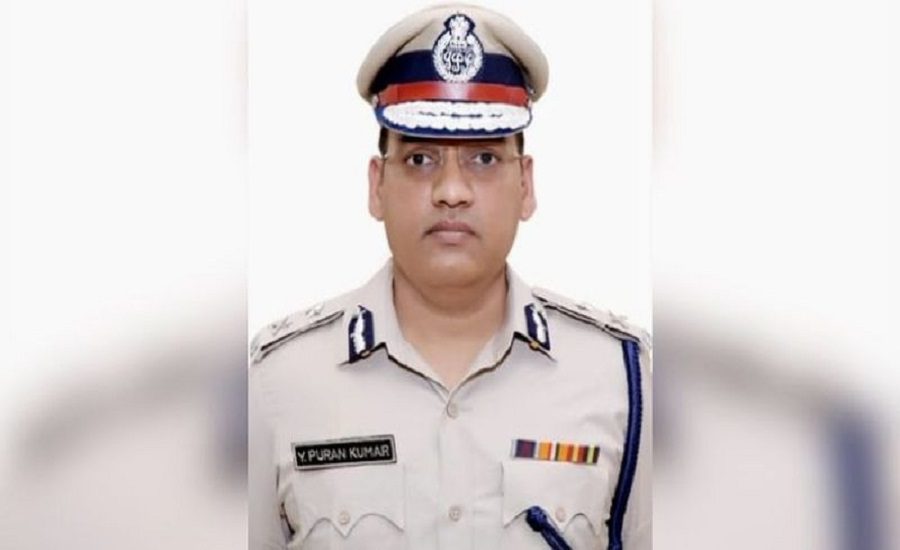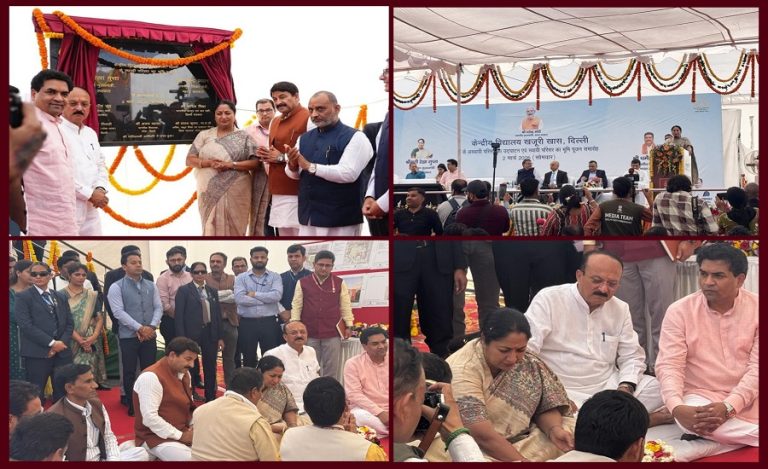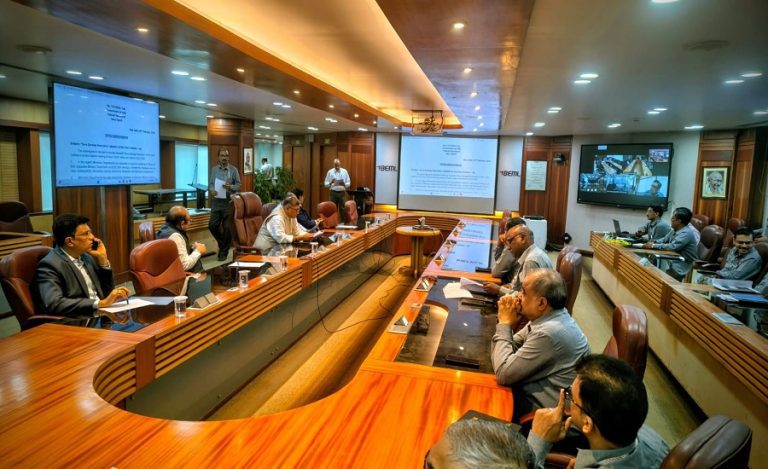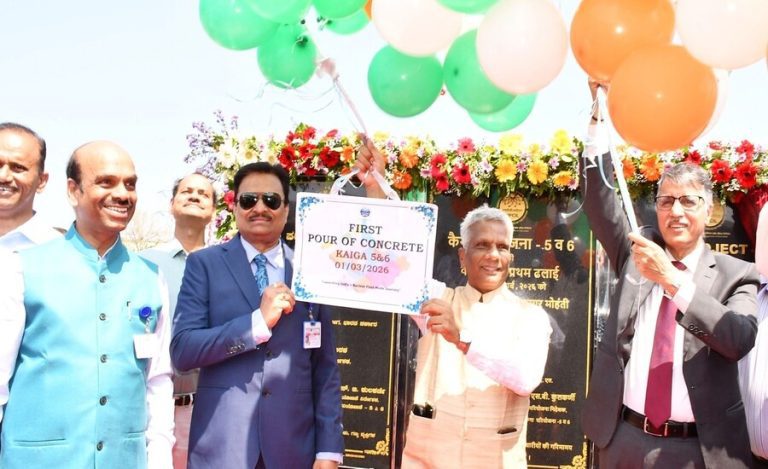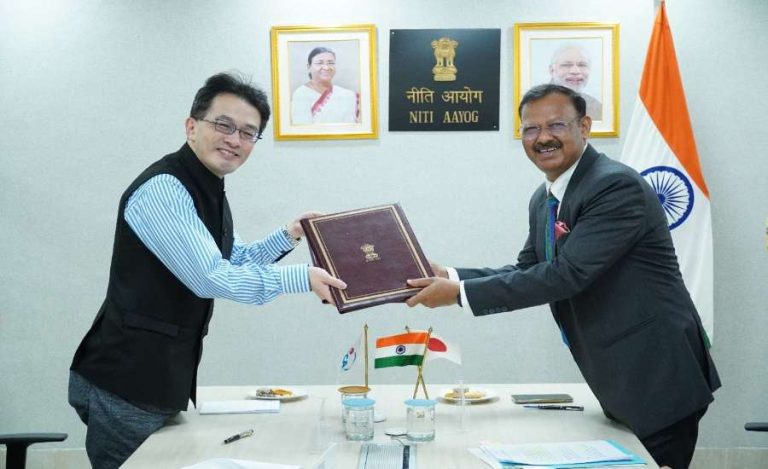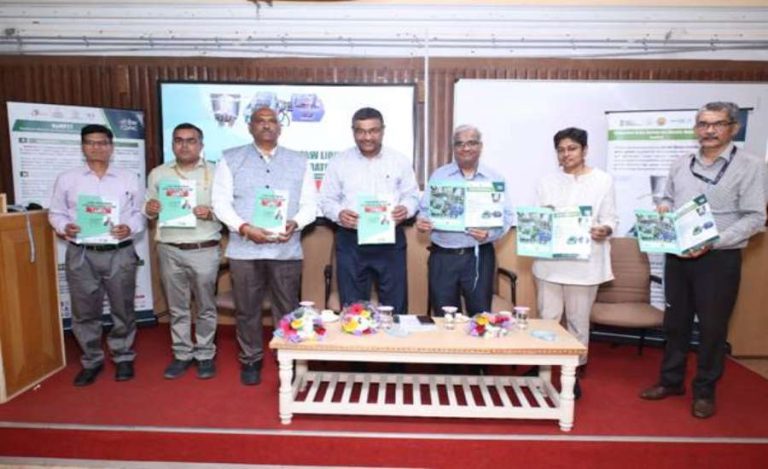In a strong and unprecedented show of dissent, several senior IAS officers in Haryana voiced serious concerns over what they described as the “disclosure-based persecution” of public servants by state police authorities. The officers raised their objections during a solemn meeting of the Haryana IAS Officers Association, convened on Friday to pay tribute to late IPS officer Mr. Y Puran Kumar.
The meeting, chaired by Haryana Chief Secretary Mr. Anurag Rastogi, turned into a platform where bureaucrats shared deep discontent with recent trends in police action, particularly the alleged overuse and misuse of disclosure statements for arrests.
Growing Rift Between Bureaucracy and Law Enforcement
IAS officers argued that arresting or prosecuting civil servants based solely on an accused person’s disclosure statement is not only legally questionable but also unjust and demoralizing. A senior officer remarked, “This trend undermines the very spirit of justice. Innocent officers are being subjected to arrest and prolonged legal trauma, with no credible evidence beyond statements made by co-accused.”
IAS Officers Demand Strict Compliance with PC Act Protocols
The officers were particularly vocal about the consistent bypassing of Section 17-A of the Prevention of Corruption (PC) Act, which mandates prior sanction from a competent authority before any investigation can be initiated against a public servant. They cited the recent case of an IAS officer arrested in 2023, whose prosecution was later denied in 2024 by the Haryana government due to procedural violations by the Anti-Corruption Bureau (ACB).
Such incidents, officers claimed, have become more frequent and reflect a growing disregard for legal safeguards that were instituted to protect honest officers from arbitrary action.
Shockwaves After IPS Officer’s Demise Spur Bureaucratic Backlash
The emotional catalyst for this open dissent was the tragic demise of IPS officer Mr. Y Puran Kumar, who ended his life following an FIR involving one of his staff members. The FIR, registered under section 308(3) of the Bharatiya Nyaya Sanhita (BNS), 2023, at the Urban Estate Police Station in Rohtak, has sparked debates over investigative procedures and accountability.
According to reports, a cop deployed with Mr. Puran Kumar, Mr. Sushil Kumar, was arrested for allegedly soliciting bribes from a liquor contractor. The FIR and subsequent investigation are believed to have deeply impacted the officer’s mental health.
Legal Sanction and Due Process: Key Bureaucratic Concerns
IAS officers pointed out that procedural lapses and premature actions by investigative agencies can lead to irreparable damage to an officer’s reputation and mental well-being. One officer recounted a 2022 incident where an IAS colleague was arrested purely on the basis of a disclosure statement and later released after enduring months of legal uncertainty. “Even if cleared, the trauma and stigma linger for a lifetime,” the officer emphasized.
Call for Transparent and Sensitive Investigation in Rohtak FIR
The IAS Association released a formal statement urging the government to ensure that the FIR against Mr. Sushil Kumar is investigated transparently and impartially. “The incident must be probed with utmost seriousness and fairness,” the association noted, while expressing full solidarity with Ms. Amneet P Kumar, wife of the deceased IPS officer.
Associations Unite in Solidarity with Late Officer’s Family
Ms. Amneet P Kumar has submitted representations to both the Haryana Chief Minister and the Sector-11 Police Station in Chandigarh, seeking justice and systemic reform. The IAS Association has requested the government to address these submissions with due sensitivity.
Meanwhile, the Haryana IPS Officers’ Association, led by Additional Director General of Police (Telecom, Highways and Traffic) Mr. Hardeep Singh Doon, visited Ms. Amneet P Kumar to offer their condolences and support during this time of personal loss.
As discontent grows within Haryana’s bureaucratic ranks, calls for reform and procedural accountability have taken center stage. Both IAS and IPS officers are urging a reevaluation of how investigations against public servants are conducted, emphasizing the need for legality, fairness, and respect for due process.

